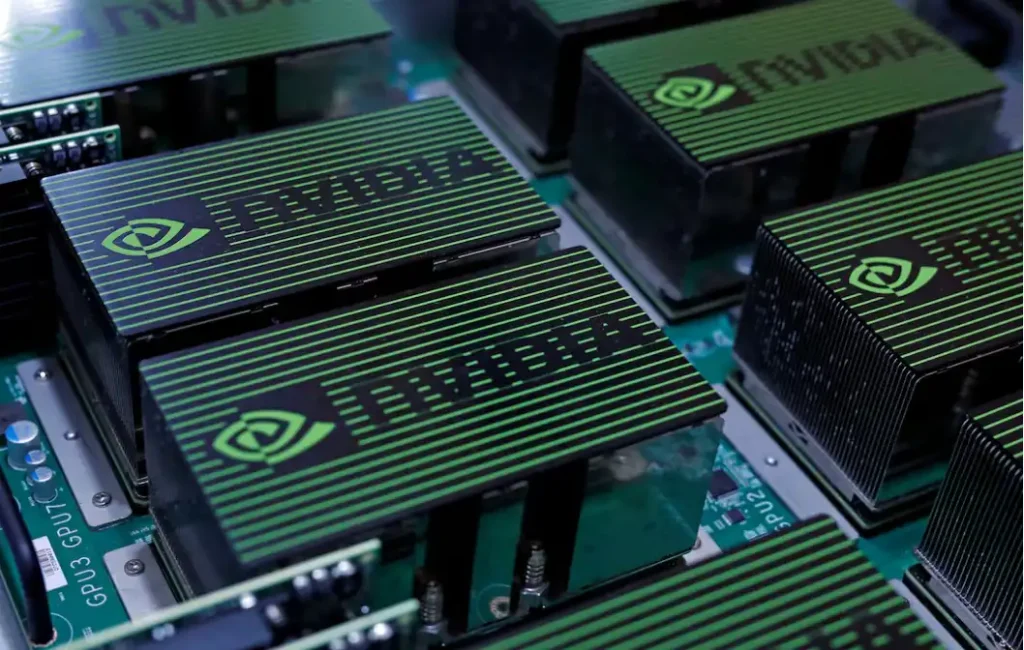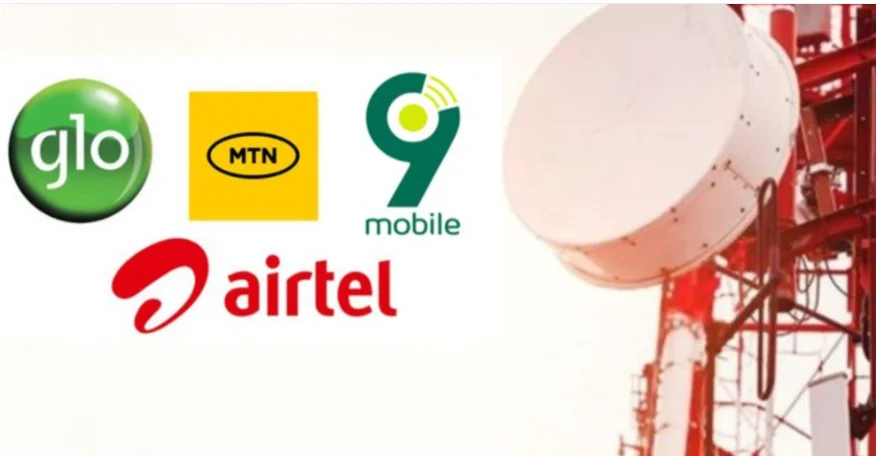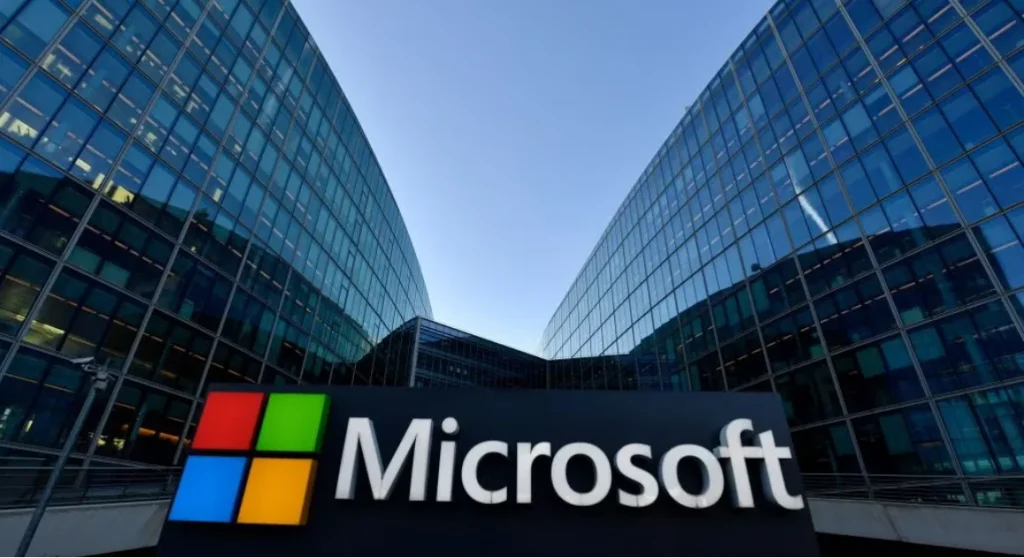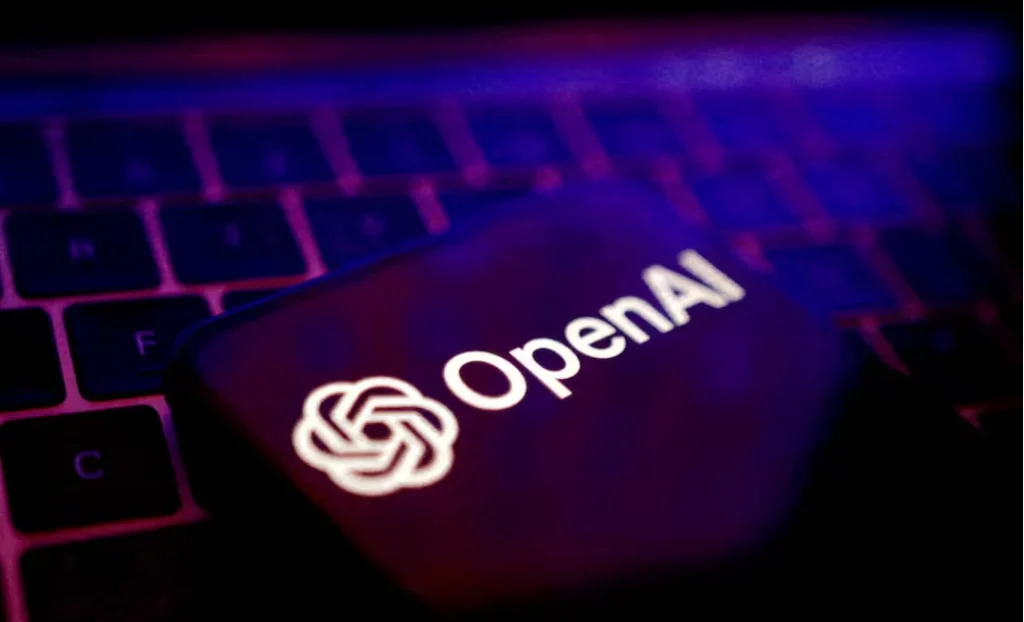Nvidia and AMD have agreed to pay the U.S. government 15% of revenue from sales of advanced AI computer chips to China, including Nvidia’s H20 model, according to a U.S. official speaking to Reuters. The deal follows recent export policy shifts under the Trump administration and is tied to the granting of export licenses for certain AI semiconductors.
U.S. Policy Shift Allows Limited AI Chip Sales to China
The Trump administration initially halted sales of Nvidia’s H20 chips to China in April 2025 due to export control restrictions. However, last month the U.S. government announced it would allow Nvidia to resume sales, with deliveries expected soon. The Commerce Department has started issuing licenses for the H20 chips, enabling the renewed trade.
While Nvidia confirmed its compliance with U.S. regulations, it did not directly comment on the 15% revenue-sharing arrangement. “We follow the rules the U.S. government sets for our participation in worldwide markets,” the company said, adding that it hopes export control rules will allow America to remain competitive in China and globally.
AMD, which will also be affected by the arrangement, did not respond to requests for comment.
China’s Market Significance for Nvidia and AMD
China remains a major market for both chipmakers. In the fiscal year ending January 26, Nvidia generated $17 billion from China—about 13% of its total revenue. AMD earned $6.2 billion from China in 2024, accounting for 24% of its total revenue.
According to the Financial Times, the agreement to share 15% of China revenue was a condition for obtaining export licenses for semiconductors, including AMD’s MI308 chips.
Mixed Reactions to the Deal
Some experts question the move’s logic. “Either selling H20 chips to China is a national security risk, in which case we shouldn’t be doing it to begin with, or it’s not a risk, in which case why add this penalty?” said Geoff Gertz, senior fellow at the Centre for New American Security.
U.S. Commerce Secretary Howard Lutnick previously described the H20 as Nvidia’s “fourth-best chip” and emphasised that it was in America’s interest for Chinese companies to continue using U.S. technology, even if the most advanced products remain off-limits.
A U.S. official clarified that the administration does not view sales of the H20 and equivalent chips as compromising national security, but the timing and implementation details of the revenue-sharing agreement are still unclear.
Former Commerce Department adviser Alasdair Phillips-Robins criticised the arrangement, suggesting it sets a precedent that could complicate future tech trade negotiations.












